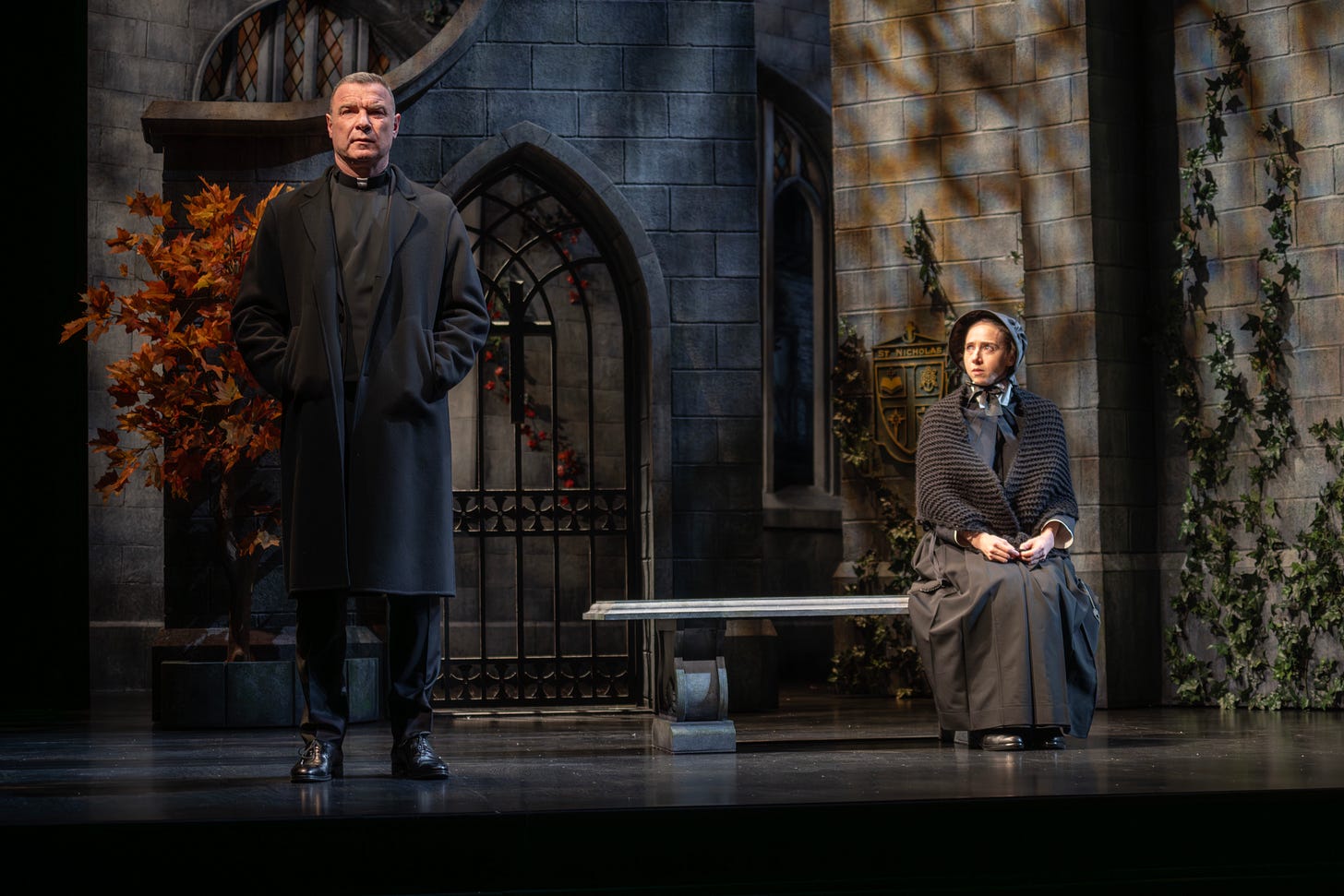You Can Wire Your Brain for Happiness
Even simple thoughts can change the structure of your brain
Whenever I give a talk about gratitude, someone in the audience invariably comes up afterwards to explain why they will never have a positive outlook. “I’m just not wired that way,” they say.
I try to be polite, I really do, but there’s a very simple answer. Rewire!
The idea that we are captives of some preordained wiring is a dramatic misconception. Beyond basic instincts our brains aren’t really hard-wired for much at all. Better to think of your brain as software that gets constantly updated.
Years ago, scientists believed that brain structure was determined in the first years of life and after that, it was more or less set in stone. All that could change was for function to start going downhill as you got older. Now we know that’s completely wrong. No matter how old or young you are, the neural pathways in your brain are constantly changing. At every age, our brains learn stuff, and the brain structure adapts to support that.
Researchers call it experience-dependent neuroplasticity which is a fancy way of saying that the mental activity you do repeatedly changes the actual neural structure of the brain. Body and mind are two partners in one game—but we sometimes forget just how dramatically they are intertwined.
In one fascinating study, Harvard neurologist Alvaro Pascual-Leone invited people who had never played the piano to learn a simple piano exercise from him and then practice for two hours a day for five days. Brain imaging done at the end of the sessions showed that the portion of the brain cortex devoted to finger movements had expanded dramatically. The actual volume of the brain had changed.
Think about that for a moment. Instead of the brain always telling your body what to do, sometimes your body is in control. If your fingers want to play the piano, the brain rushes to support it.
The researcher then did a twist on the experiment. He taught another group of volunteers the same little tune on the piano. But instead of moving their fingers and touching the keys, they mentally focused on the piano-practice movements. Amazingly, just by thinking about how their fingers would move, they had nearly identical changes in their brain cortex.
It’s crazy, right? Body and mind are so tightly linked that just thinking about a physical act gets your brain revved for it. In a similar way, you can rewire your brain so you feel more positive emotions. If you spend five minutes a day on positive and grateful thoughts, those neural circuits will get stronger—and the positivity becomes easier. Just like you can mentally practice the piano and change your brain structure, you can practice being more positive and grateful.
You’re rewiring your brain for happiness.
Reasons to be Happy
Being sad sometimes makes you happy. The new Broadway musical The Notebook is a glorious weepy—and I mean that in the nicest way. Based on the bestselling novel by Nicholas Sparks, The Notebook revolves around love and loss and growing old together. Three sets of actors play lovers Noah and Allie at various ages and seeing the different times of life blur together works beautifully. Yes, I got a tear or two when older Allie (a magnificent Maryann Plunkett), suffering from Alzheimers, clutched her shawl in confusion—and her two younger selves stood by singing “I’m still in here.” By the end of the show, emotions soared and I heard loud sobs around the audience.
I’ve been a Tony Awards voter and written about theater for years, so I know that when a big commercial production like The Notebook premieres critics turn snotty. Okay, some of the lyrics are cliched and there were too many ways/days and done/begun kind of rhymes.
But I will also admit that I loved the show. I think it will play forever.
Takeaway: Believing in true love always makes us happy
The scandals in the Catholic church were just breaking when the Pulitzer-prize winning play Doubt first premiered. The story of a forbidding nun who accuses an affable priest of being a pedophile seemed a shocking indictment of church misbehavior. But seeing the revival on Broadway last week, I had a different view. A great play has enough layers to make it freshly relevant, and my theater date (aka my husband) pointed out that Doubt now seems to warn of the dangers of certainty and believing your own stories. In current times when everyone shouts opinions as foregone conclusions, it suggests that a bit of humbleness—and doubt—would be welcome.
Handsomely appealing Liev Schrieber plays the priest with a deep well of kindness and caring that makes him more sympathetic than the frosty nun (an excellent Amy Ryan). Who to believe? Wonderful actor Zoe Kazan is the innocent young nun torn between both truths. She comes around to believing the priest—and while everyone in the audience also seemed to lean toward the church of Liev Schreiber, recognizing complexity is part of the joy.
Takeaway: Seeing many viewpoints makes life richer
If you’re new to this newsletter, thanks for joining me. I’ll continue to have lots more unexpected research and insights ahead….along with new ideas about happiness.
Please share this newsletter with a friend or two (or three). Subscribing remains completely free!
love, Janice






Hi, Janice. I'm a new subscriber, but I wanted to say that as I've read through several of your publications, I've been delighted to see the insights based on Broadway shows. I'm a huge musical theatre fan, so that has been a lot of fun for me.